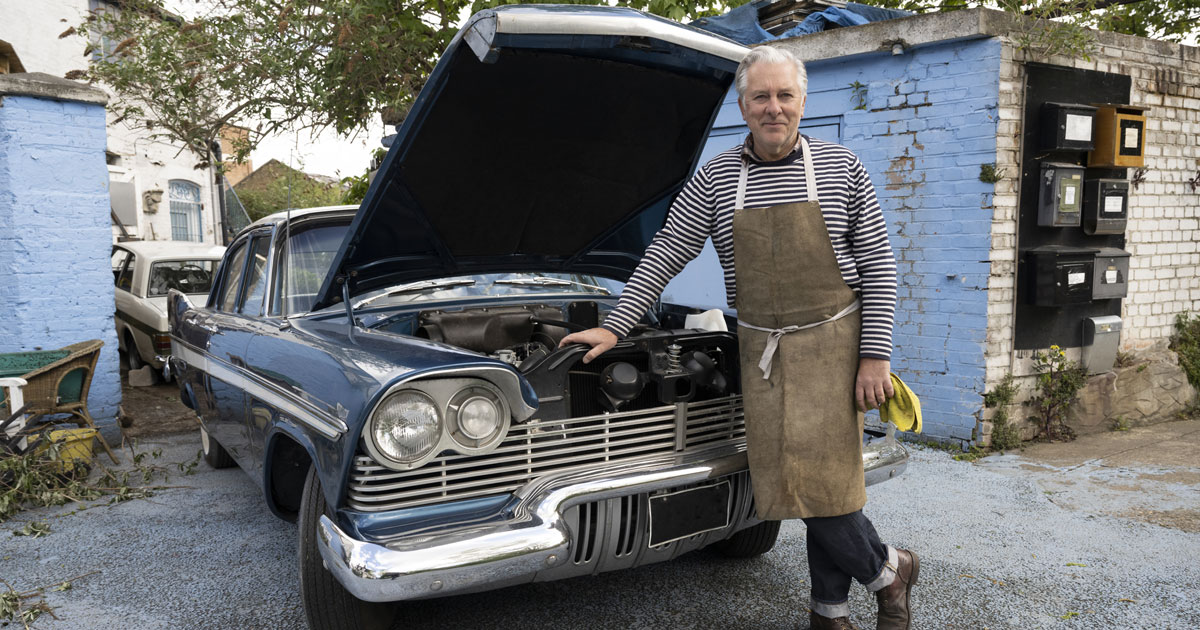Navigating the Rapids: Avoiding Pitfalls When Buying Vintage Cars

Buying a vintage car can be an exhilarating experience, akin to owning a piece of history. However, amidst the excitement, it’s crucial to navigate through potential pitfalls to ensure a satisfying purchase. Let’s delve into some common challenges and precautions associated with acquiring rare automobiles.
Introduction
Purchasing a vintage vehicle is not merely a transaction; it’s an investment in nostalgia and craftsmanship. Yet, the allure of owning a piece of automotive history often blinds buyers to the potential risks involved. To make an informed decision, one must be aware of the challenges that come with the territory.
Common Pitfalls in Buying Vintage Cars
Lack of Thorough Inspection
Many buyers overlook the importance of a comprehensive inspection before sealing the deal. Failure to scrutinize the vehicle thoroughly can lead to unforeseen mechanical issues or structural damage, potentially turning your dream purchase into a nightmare.
Hidden Maintenance Issues
Vintage cars, no matter how pristine they appear, often harbor hidden maintenance deficiencies. From corroded pipelines to worn-out components, these issues can escalate into costly repairs if left unaddressed. Therefore, a meticulous evaluation of the vehicle’s maintenance history is imperative.
Verification of Authenticity
Many vintage car enthusiasts fall prey to counterfeit models due to a lack of diligence in verifying authenticity. Utilizing resources such as VIN decoders can be invaluable in uncovering discrepancies in a vehicle’s history, ensuring that buyers are investing in genuine classics.
Financial Risks
Overestimating the Value
The value of a vintage car is subjective and prone to fluctuations. Overestimating its worth can result in overpaying, diminishing the investment’s potential returns. Conducting thorough market research and seeking professional appraisal services can mitigate this risk.
Unexpected Restoration Costs
Restoring a vintage car to its former glory can be a costly endeavor. Buyers often underestimate the expenses involved in refurbishing antique vehicles, including sourcing rare parts and skilled craftsmanship. Budgeting for potential restoration costs is essential to avoid financial strain.
Insurance Considerations
Insuring a vintage car requires specialized coverage tailored to its unique needs. Standard insurance policies may not adequately protect against depreciation or market value fluctuations. Consulting with insurance experts to secure comprehensive coverage is paramount.
Legal Concerns
Title and Registration Issues
Navigating the legal intricacies of owning a vintage car can be daunting. Ensuring proper title transfer and registration is crucial to avoid legal disputes and fines. Buyers should familiarize themselves with local regulations governing antique vehicle ownership.
Import/Export Regulations
For international buyers, navigating import/export regulations is a critical aspect of acquiring a vintage car. Compliance with customs duties, emission standards, and vehicle specifications is essential to facilitate a smooth transaction. Seeking legal counsel can help navigate the complexities of cross-border transactions.
Conclusion
While acquiring a rare vintage car is undeniably thrilling, it’s essential to approach the process with caution and diligence. By conducting thorough inspections, assessing financial risks, addressing legal concerns, and seeking expert guidance, buyers can minimize uncertainties and enjoy their prized possession with confidence.
FAQs
1. Are vintage cars a good investment? Vintage cars can be lucrative investments, but their value is subject to market trends and condition.
2. How can I verify the authenticity of a vintage car? Authenticating a vintage car requires examining its production records, ownership history, and matching serial numbers.
3. What insurance coverage do I need for a vintage car? Vintage cars require specialized insurance coverage tailored to their unique needs, including protection against depreciation and market value fluctuations.
4. What should I look for during a pre-purchase inspection? A pre-purchase inspection should encompass thorough assessments of the vehicle’s mechanical integrity, maintenance history, and structural condition.
5. Are there any legal restrictions on owning vintage cars? Legal restrictions on owning vintage cars vary by jurisdiction, encompassing title transfer, registration, and import/export regulations. It’s advisable to consult legal experts for guidance.



